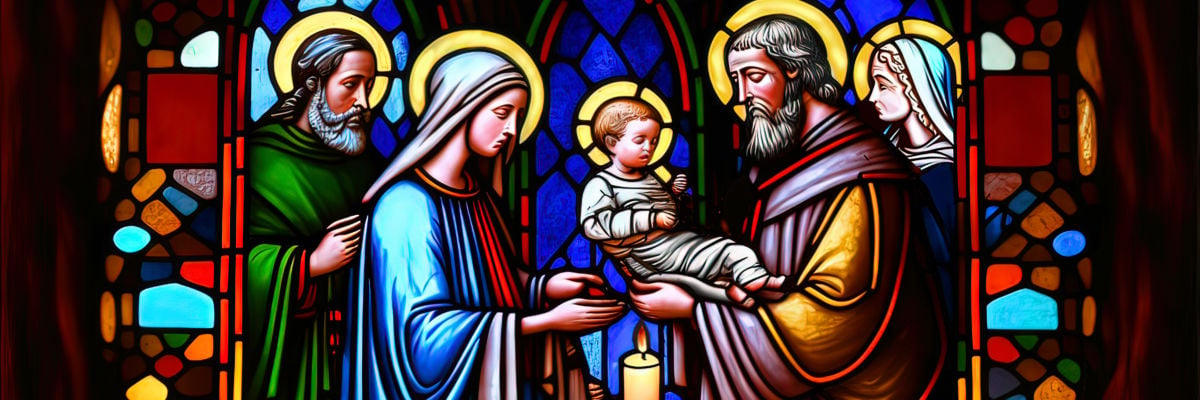“You, O Lord God of hosts, the God of Israel,
Awake to punish all the nations;
Do not be gracious to any who are treacherous in iniquity. Selah.
They return at evening, they howl like a dog,
And go around the city.
Behold, they belch forth with their mouth;
Swords are in their lips,
For, they say, ‘Who hears?’
But You, O Lord, laugh at them;
You scoff at all the nations.” (Psalm 59:5-8 NASB1995)
The picture of this that the Lord is giving me today is twofold. One is of those who are deliberately teaching a false grace gospel message to the people, knowing full well that they are sending perhaps millions of people to hell on the promise of heaven, because they tell them that a mere verbal profession of faith in Jesus Christ secures them salvation and forgiveness of all sins, and heaven as their eternal destiny, but regardless of how they live, even giving them permission to continue in deliberate sin, without guilt.
The second part of this has to do with many who profess the name of Jesus, claiming that they are “In Christ,” by faith in him, and that heaven is secured them for eternity. But they are believing the lies of the enemy, and they are not taking God’s word seriously to put it into practice in their daily lives. But, instead, they are living wickedly, in deliberate addiction to sin, many of them in sexual immorality and in willful adultery against their spouses while hiding what they are doing, while thinking, “Who sees?” But God sees! God knows!!
Even though they know that what they are doing is sinful, and that it is wrong, and that it is adultery when they cheat on their spouses with themselves and/or with other people, even with those just in their minds, or those on a screen, or those just passing by whom they lust after, still they continue to deliberately and habitually choose sin over God, and adultery over faithfulness to their spouses. For they continue to feed the flesh out of pure selfishness. And this is becoming epidemic among professers of faith.
And so what does the “church” do about it? Most of them, from what I can tell, do little to nothing. For they don’t want to offend anyone with the truth, perhaps because they are also living in deliberate and habitual sin, hiding what they are doing, and because they want to draw in large crowds of people from the world into their gatherings. And so they pacify them in their sin and they teach them to just “claim who you are in Christ,” as though that is a free pass to sin as much as you want. But “In Christ” does not do that!
For Jesus Christ taught that to come to him we must deny self, take up our cross daily (die daily to sin), and follow (obey) him. For if we hold on to living in sin and for self, we will lose our lives for eternity. But if we deny self, die daily to sin, by the Spirit, and we walk in obedience to our Lord and to his commands, in his power, then we have eternal life with God. For not everyone who calls him “Lord” will enter the kingdom of heaven, but the one DOING (obeying) the will of God (see Luke 9:23-26; Matthew 7:21-23).
For by God-gifted faith in Jesus Christ, which is not of our own doing, we are crucified with Christ in death to sin and raised with Christ to walk in newness of life in him, no longer to live as slaves to sin but as slaves to righteousness in walks of obedience to God’s commands. We are no longer to permit sin to reign in our mortal bodies to make us obey its desires. For if sin is what we obey, it results in death. But if obedience to God is what we obey, it results in sanctification, and its end is eternal life with God (see Romans 6:1-23).
[Matthew 7:13-14,21-23; Luke 9:23-26; Romans 6:1-23; Romans 8:1-14; Galatians 5:16-24; Ephesians 2:8-10; Ephesians 4:17-32; Ephesians 5:3-6; Titus 2:11-14; 1 John 1:1-10; 1 John 2:1-6; 1 John 3:4-10; Acts 26:18]
So, take God’s Word seriously to obey him, and repent now and stop living in sin. And now live holy unto Him, in his power, and according to his will.
Broken Cord
An Original Work / August 29, 2018
Christ’s Free Servant, Sue J Love
Your bond is broken with your Lord and Savior
And your testimony is separate from Him.
Your words not matching your actions today.
Repent of your sin and bow down and pray.
Live what you testify in truth always.
Purity’s lacking in your life and witness,
For you profess one thing, but other you do.
Not moral, spiritual. Still of the flesh.
Not living in truth to what you confess.
Lying about it puts you in a mess.
Living a lie is your practice, ‘tis true of you.
Masquerade righteousness – none of it true.
Your heart is not given to your Lord God.
Because of how you live, you are a fraud.
Turn from your sin and give your life to God.
Login to view embedded media
Who Sees? Who Knows? God Sees! God Knows!!
An Original Work / February 3, 2026
Christ’s Free Servant, Sue J Love













